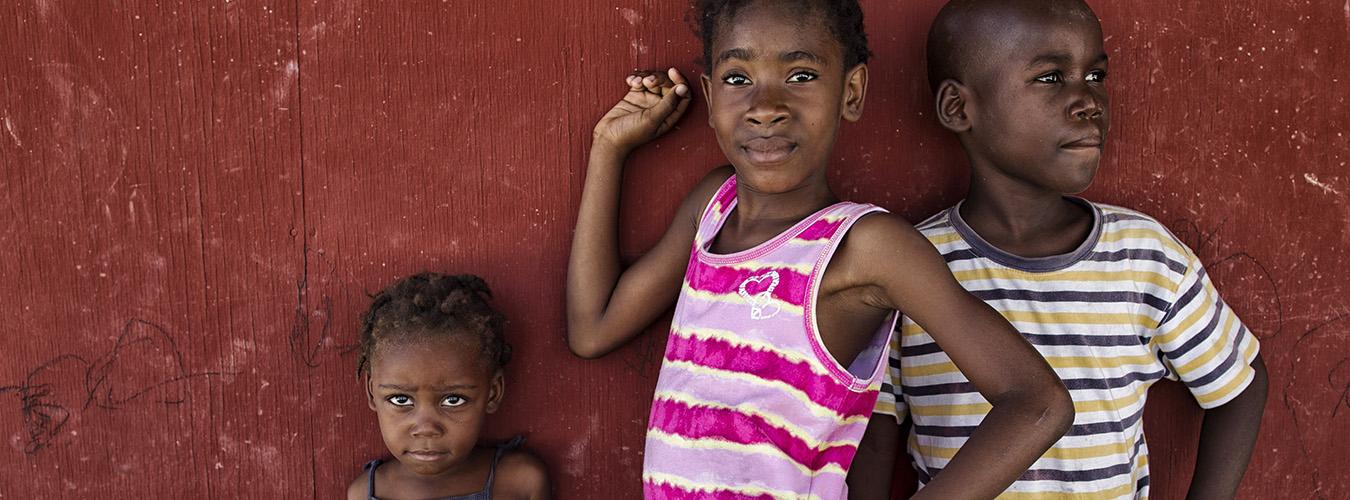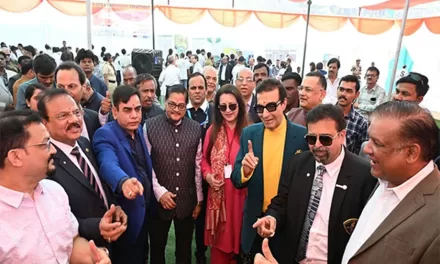Youth standing up against racism
“Youth standing up against racism” is the 2021 theme. It engages the public through #FightRacism, which aims to foster a global culture of tolerance, equality and anti-discrimination and calls on each and every one of us to stand up against racial prejudice and intolerant attitudes.
Young people massively showed their support at the 2020 Black Lives Matter marches, which drew millions of demonstrators worldwide. On the streets, groundswells of youth – mostly teens and twenty-somethings – came together to protest against racial injustice. On social media, they mobilized participation, calling on their peers to speak out, and to stand up for the equal rights of all.
Their activism was all the more remarkable in the context of the COVID-19 pandemic, which saw restrictions on public gatherings in many countries. As the virus began to spread in early 2020, a parallel pandemic was unleashed – of hatred, violence and fear against certain ethnicities and nationalities. It quickly became clear that stark inequities, sometimes rooted in racism, had subjected minorities to a significantly higher risk of infection and death.
COVID-19 has heavily impacted young people, including those from minority backgrounds. Many are now grappling with an increase in racial discrimination, in addition to severe disruptions to their education; diminished employment prospects; and limited ability to participate in public life, which stymies their individual and social empowerment.
Background
The International Day for the Elimination of Racial Discrimination is observed annually on the day the police in Sharpeville, South Africa, opened fire and killed 69 people at a peaceful demonstration against apartheid “pass laws” in 1960.
In 1979, the General Assembly adopted a programme of activities to be undertaken during the second half of the Decade for Action to Combat Racism and Racial Discrimination. On that occasion, the General Assembly decided that a week of solidarity with the peoples struggling against racism and racial discrimination, beginning on 21 March, would be organized annually in all States.
Since then, the apartheid system in South Africa has been dismantled. Racist laws and practices have been abolished in many countries, and we have built an international framework for fighting racism, guided by the International Convention on the Elimination of Racial Discrimination. The Convention is now nearing universal ratification, yet still, in all regions, too many individuals, communities and societies suffer from the injustice and stigma that racism brings.












